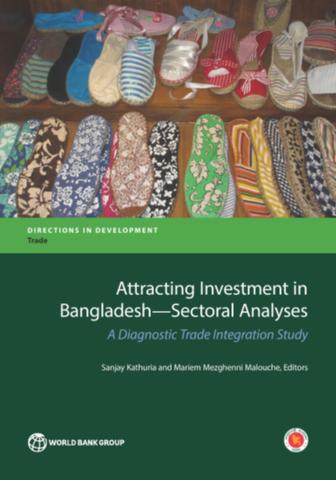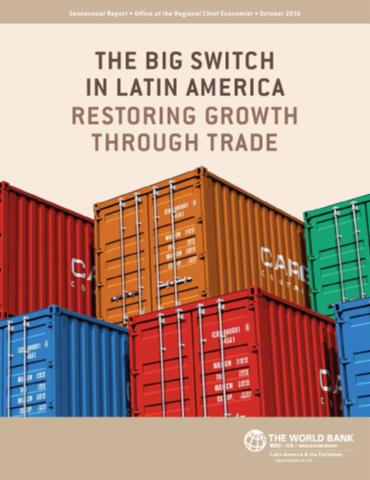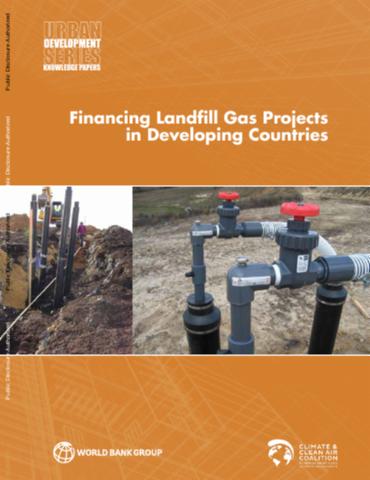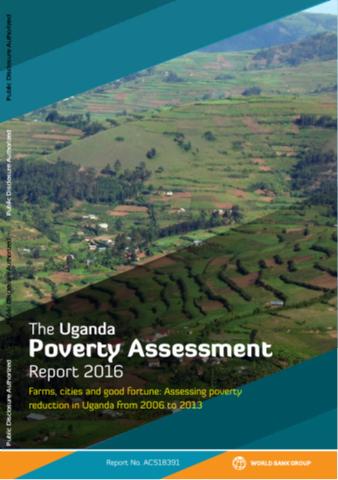The World Bank is a vital source of financial and technical assistance to developing countries around the world. We are not a bank in the ordinary sense but a unique partnership to reduce poverty and support development. The World Bank Group has two ambitious goals: End extreme poverty within a generation and boost shared prosperity.
- To end extreme poverty, the Bank's goal is to decrease the percentage of people living on less than $1.25 a day to no more than 3% by 2030.
- To promote shared prosperity, the goal is to promote income growth of the bottom 40% of the population in each country.
The World Bank Group comprises five institutions managed by their member countries.
The World Bank Group and Land: Working to protect the rights of existing land users and to help secure benefits for smallholder farmers
The World Bank (IBRD and IDA) interacts primarily with governments to increase agricultural productivity, strengthen land tenure policies and improve land governance. More than 90% of the World Bank’s agriculture portfolio focuses on the productivity and access to markets by small holder farmers. Ten percent of our projects focus on the governance of land tenure.
Similarly, investments by the International Finance Corporation (IFC), the World Bank Group’s private sector arm, including those in larger scale enterprises, overwhelmingly support smallholder farmers through improved access to finance, inputs and markets, and as direct suppliers. IFC invests in environmentally and socially sustainable private enterprises in all parts of the value chain (inputs such as irrigation and fertilizers, primary production, processing, transport and storage, traders, and risk management facilities including weather/crop insurance, warehouse financing, etc
For more information, visit the World Bank Group and land and food security (https://www.worldbank.org/en/topic/agriculture/brief/land-and-food-security1
Resources
Displaying 241 - 245 of 4907How Much of the Labor in African Agriculture Is Provided by Women?
The contribution of women to labor in African agriculture is regularly quoted in the range of 60–80%. Using individual, plot-level labor input data from nationally representative household surveys across six Sub-Saharan African countries, this study estimates the average female labor share in crop production at 40%. It is slightly above 50% in Malawi, Tanzania, and Uganda, and substantially lower in Nigeria (37%), Ethiopia (29%), and Niger (24%).
Attracting Investment in Bangladesh—Sectoral Analyses
This is volume 3 of a three-volume publication on Bangladesh’s trade prospects. Bangladesh’s ambition is to build on its very solid growth and poverty reduction achievements, and accelerate growth to become a middle income country by 2021, and share prosperity more widely amongst its citizens. This includes one of its greatest development challenges: to provide gainful employment to the over 2 million people that will join the labor force each year over the next decade. Moreover, only 54.1 million of its 94 million working age people are employed.
The Big Switch in Latin America
This report, produced by the Office of the Chief Economist for Latin America and the Caribbean (LAC) of the World Bank, examines LAC’s challenges as the global economy settles to an equilibrium with lower growth and lower commodity prices. Chapter 1 gives an overview of the world economy and how it affects LAC’s short and medium-term prospects. It argues that LAC suffered an external shock that shaped growth in recent years, and that the current global context is likely here to stay.
Financing Landfill Gas Projects in Developing Countries
Landfill gas (LFG) management can help mitigate greenhouse gas emissions and contribute to the overall safe operation of a landfill, sometimes simultaneously generating revenue. However, financing these systems can be a challenge, particularly in low-resource settings. Recognizing that landfill emissions are expected to rise into the foreseeable future, this report outlines a variety of ways that city governments, private landfill owners, or other project developers finance LFG management systems that mitigate these emissions.
The Uganda Poverty Assessment Report 2016
Uganda’s progress in reducing poverty from 1993 to 2006 is a remarkable story of success that has been well told. The narrative of Uganda’s continued, albeit it slightly slower, progress in reducing poverty since 2006 is less familiar. This was a period in which growth slowed as the gains from reforms years earlier had been fully realized, and weak infrastructure and increasing corruption increasingly constrained private sector competitiveness (World Bank 2015). This report examines Uganda’s progress in reducing poverty, with a specific focus on the period 2006 to 2013.










